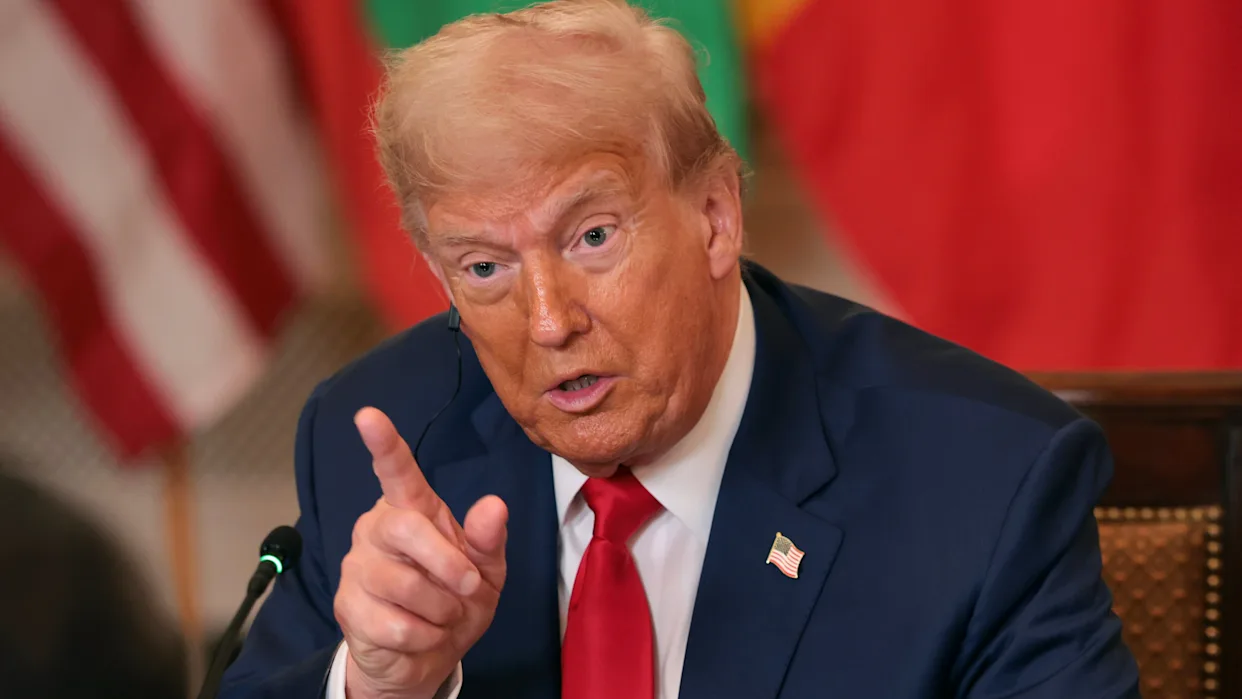U.S. President Donald Trump has announced that the United States will soon issue formal notifications to more than 150 countries, informing them of upcoming tariff hikes set broadly at 10% or 15%.
The measure is part of a new, more assertive trade policy meant to reduce trade deficits and protect domestic industries.
The announcement comes just months after Trump introduced his controversial “Liberation Day” package on April 2, 2025, which imposed a blanket 10% tariff on nearly all imported goods. That package also introduced even higher rates on imports from strategic trade partners like China, Mexico, Canada, and the European Union (EU).
Speaking to journalists at the White House on Wednesday, Trump said, “We’ll have well over 150 countries that we’re just going to send a notice of payment out.” The notification, he explained, will state the new tariff rate each country will be subject to, unless they negotiate otherwise.
Among the hardest-hit sectors so far are steel, aluminum, automotive, and consumer electronics—with tariff rates reaching as high as 50% in some cases. Analysts say this could push inflation higher and potentially disrupt global supply chains.
Trump’s policy shift also diverges from the World Trade Organization (WTO)’s framework of negotiated multilateral trade, favoring a more confrontational style often referred to as “tariff diplomacy“. While some nations—like India—are reportedly close to striking bilateral agreements to avoid these blanket tariffs, others could face significant economic setbacks.
Also Read; Africa’s Energy Minerals May Shift Global Power
So far, about two dozen countries, including Japan, South Korea, and members of the European Economic Area, have already received official tariff letters. The effective date for the new measures is set for August 1, 2025.
While some U.S. manufacturers support the move, citing increased domestic demand and job protection, economists warn that retaliatory tariffs from other countries could lead to a trade war, further escalating global tensions.
Kevin Hassett, a senior economic adviser to the president, defended the administration’s strategy, saying these letters are merely a first step toward renegotiating fairer trade deals. However, trade experts argue that this approach may alienate key partners and undermine U.S. credibility in future negotiations.
Consumer groups and import-heavy industries have also expressed concern. With higher tariffs likely to drive up prices on imported goods, the average American may start to feel the pinch sooner rather than later.







